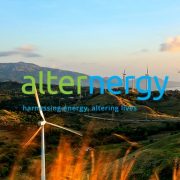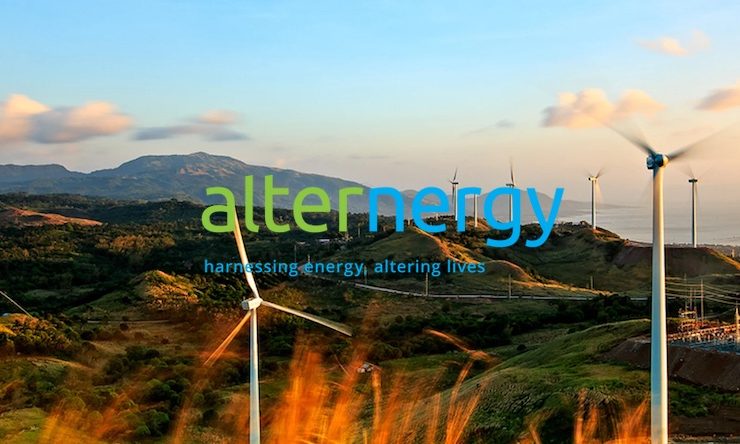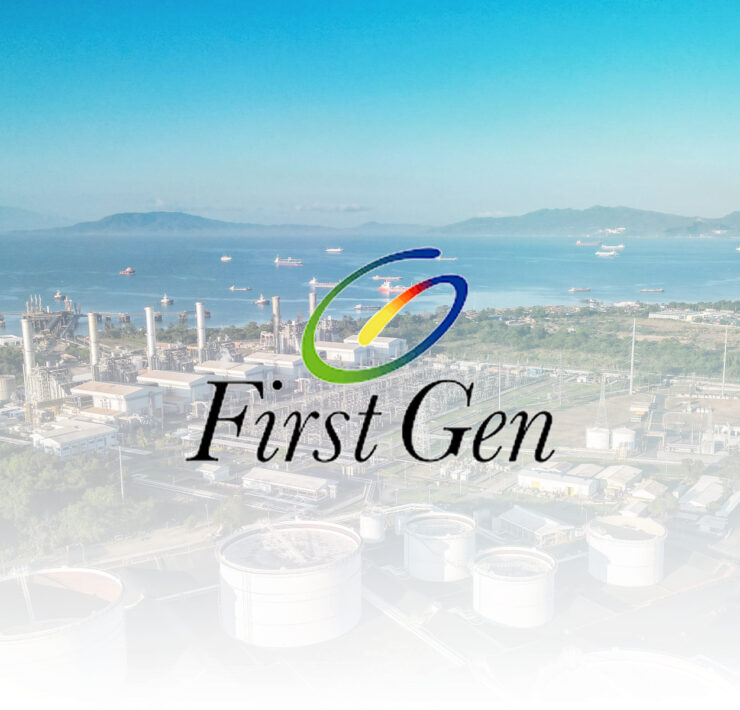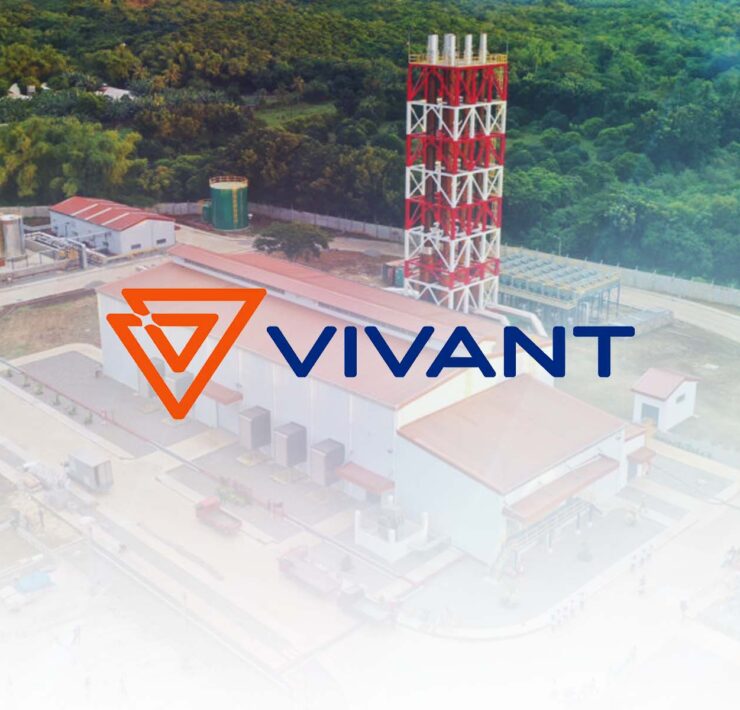ERC wary of listing requirement for power firms
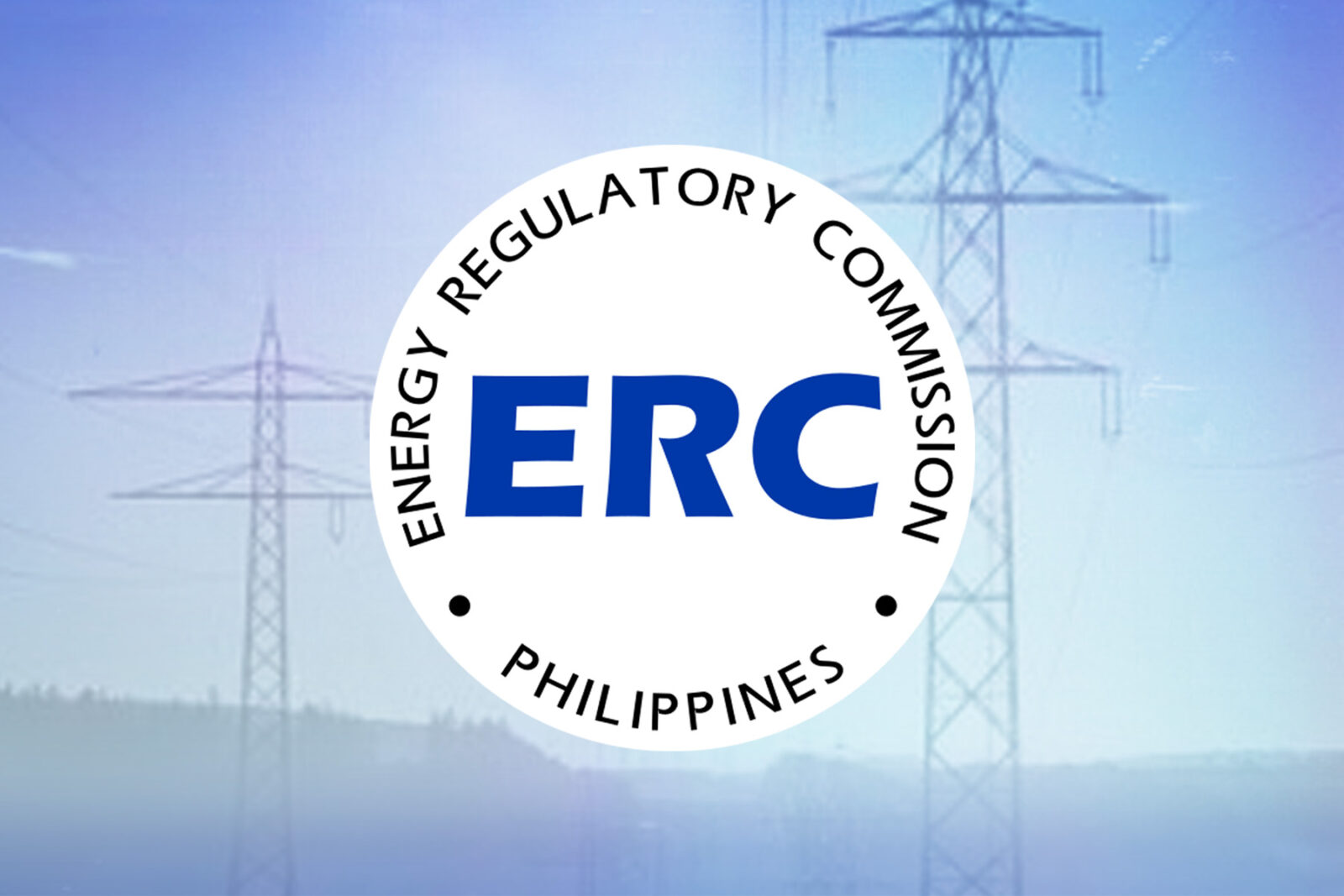
The Philippines may face power supply shortages if regulators will strictly enforce the public offering rule covering generation companies under the Electric Power Industry Reform Act (Epira), the head of the Energy Regulatory Commission (ERC) said.
At a recent open commission meeting, ERC chief Francis Saturnino Juan acknowledged that not all power firms can comply with the requirements of the Philippine Stock Exchange (PSE) to officially go public. The process can be expensive and complicated.
Juan also said that even if other power producers can register their shares, there is no assurance that the companies are enticing enough for investors.
Under Section 43(t) of Epira, gencos need to publicly offer and sell at least 15 percent of their common shares in the stock market.
Juan said that since the ERC cannot issue a certificate of compliance (COC), the commission is prompted to release a provisional authority to operate (PAO). The PAO, however, is just a temporary permit and can only be renewed for a limited time.
The ERC chief painted a potential scenario in which only half of the power generation sector can comply with the PSE listing.
“The other 50 percent will not be able to comply, so we will have to deny them a COC and a PAO. This means we could lose 50 percent of the installed capacity. That’s the kind of dilemma or predicament we might face,” he said.
The cheaper option is to register their securities, according to Juan.
“But we have to go back to the requirement… So it might appear that even if we consider the registration of securities as a form of compliance, that will still not be really compliant with the requirement,” he said.
Juan said the ERC will explore possible ways to address the issue.



